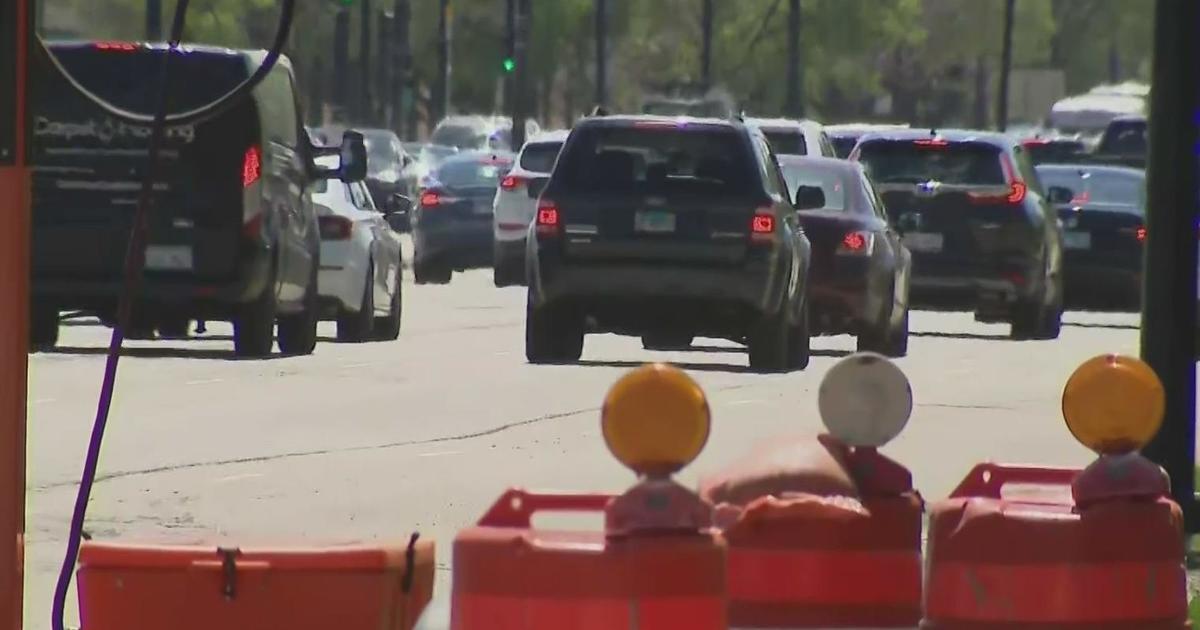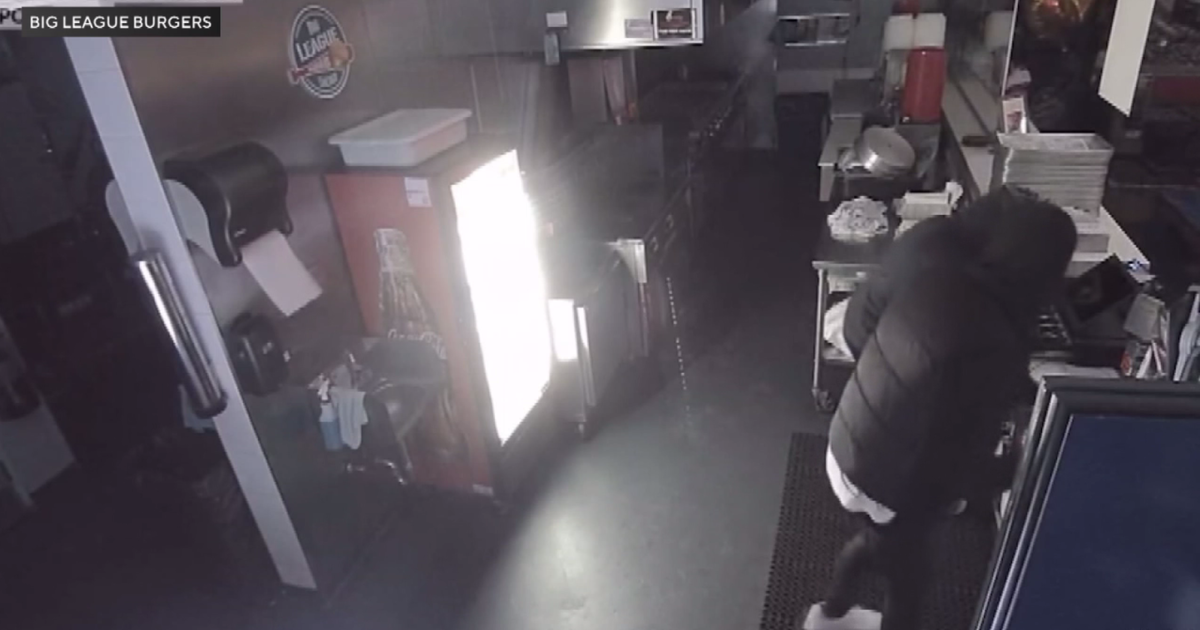Inside The City Of Chicago's Fight Against Lakefront Erosion
CHICAGO (CBS) -- Right now, Lake Michigan is lapping away its own shoreline little by little – and powerful storms like one that happened this month swoop in and cause more destruction.
Can we beat Mother Nature? CBS 2's Lauren Victory on Monday took us inside the City of Chicago's effort to combat erosion.
We could have peppered waterfront engineer Mark Wagstaff with questions about the Lake Michigan shoreline all day. Studying each bend, dip, and curve is his life's work.
It is also his current assignment from the City of Chicago.
"Back in August, the Park District hired SmithGroup to start a strategic study of the whole Chicago lakefront," Wagstaff said.
That amounts to 26 miles of nooks and crannies that have been painstakingly documented by drone. Waves are eating away at some areas faster than others, and Wagstaff wants to know why.
Researchers already compared their summertime footage of Juneway Beach in Rogers Park with drone shots that aired on the CBS 2 News of the same section after a November storm.
"We were able to see a very dramatic difference there," Wagstaff said.
The Park District installed temporary solutions on the North Side. And on the South, Wagstaff said, "There's a possibility of using beaches in here."
Yes – he said more beaches, as one of some surprising longer-term options.
"Having the sand and gradual slope dissipates the wave energy, so they're very effective," Wagstaff said.
He has made the suggestion before.
"It was really gratifying to see that recommendation take shape," Wagstaff said.
He championed efforts to create the 41st Street Beach, starting in the late 1990s. Sand from Wisconsin was brought in.
Meanwhile, piers were built by the U.S. Army Corps of Engineers, which also installed breakwaters.
The 41st Street Beach is holding up relatively well, Wagstaff said. So are areas with vegetation, like Loyola Beach.
But the news is not so great for some concrete planters that are located right along the lake in Burnham Park. The lake actually moved them to different places.
"These two over here were built over there, but got picked up and moved by the waves," Wagstaff said.
Even previously-fixed sections are having trouble as water levels are rising. The lake is projected to be almost a foot higher this spring than in 2019.
Wagstaff said if there were a blank check, billions of dollars would need to be spent on fixing the lake erosion problem.
The Park District said the 41st Street Beach cost $18 million to build, including federal funding,
A Park District representative would not say if making more beaches is a true possibility. The agency is waiting on final recommendations by Wagstaff, which he will put out in a report this spring.



